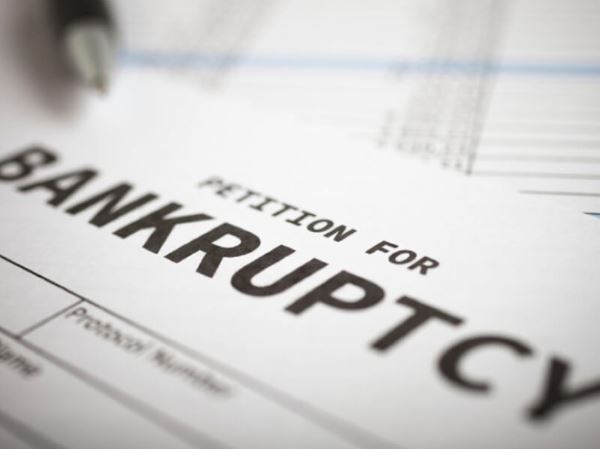A Creditors’ Voluntary Liquidation is a procedure in which the company’s director/s choose to voluntarily bring the business to an end by appointing a liquidator who must be a licensed insolvency practitioner (IP).
Usually, a company goes into Creditors’ Voluntary Liquidation (CVL) after its directors realise that its liabilities exceed its assets or it cannot pay its debts as they fall due and so the company cannot carry on its business.
This liquidation begins by a resolution of the shareholders, usually at the directors’ request, and under the effective control of creditors, who can appoint a liquidator of their choice (need of 25% of the debt or more). The key factor that determines this course of action is the realisation by the directors and shareholders that the company is unable to pay its debts as they fall due or that it has more liabilities than assets.
The Creditors’ Voluntary Liquidation is the most common way for directors and shareholders to deal voluntarily with their company’s insolvency because it is in the interests of the directors to take action at an early stage in order to minimise the risk of personal liability for wrongful trading.
The purpose of this type of liquidation is to appoint as soon as possible an liquidator who has a duty to collect the company’s assets and distribute them to its creditors in accordance with the Insolvency Act. At Quabbala Limited we are insolvency practitioners in London.
The process starts with the calling of a shareholders’ meeting by the directors of the company. At this meeting, the members will pass an extraordinary resolution to wind up the company (75% majority required) and an ordinary resolution to nominate an insolvency practitioner (50% majority required). If 95% of shareholders agree, a short notice meeting can be held.
The nominee liquidator will conduct a relatively quick investigation into the statement of affairs of the company and will convene a meeting of creditors, which must be advertised in the London Gazette and 2 appropriate newspapers. The meeting must be held within 14 days of the shareholders’ meeting (normally held on the same day).
The creditors’ meeting will not be a physical meeting unless requested by 10% of creditors by value. Otherwise it will be a “virtual meeting” or a meeting by correspondence, unless a “decision making process” is used. A “decision making process” can include a “deemed consent procedure” in which the insolvency practitioner nominated by the members is automatically appointed unless creditors object.
At the meeting, copies or a summary of the Statement of Affairs will be made available to creditors and a report on the company’s history along with an explanation of the reasons for the failure of the company will be presented. Creditors will then vote to appoint a liquidator. The votes are based on the values of creditors’ claims. Should the creditors’ choice of insolvency practitioner be different from that of the shareholders, the creditors’ choice prevails.
The creditor voluntary liquidation (CVL) is complete when all the assets have been realised, all creditors’ claims have been adjudicated (where there are sufficient funds) and net realisations after expenses of the liquidation have been distributed to the creditors. The liquidator/insolvency practitioner will then call final meetings of creditors and shareholders and present his final receipts and payments account, together with a report showing how the liquidation has been conducted.
As we are insolvency practitioners in the City of London, please contact us if you require further information.



 Bitcoin
Bitcoin  Ethereum
Ethereum  Tether
Tether  XRP
XRP  Solana
Solana  USDC
USDC  TRON
TRON  Lido Staked Ether
Lido Staked Ether  Cardano
Cardano  Avalanche
Avalanche  Toncoin
Toncoin